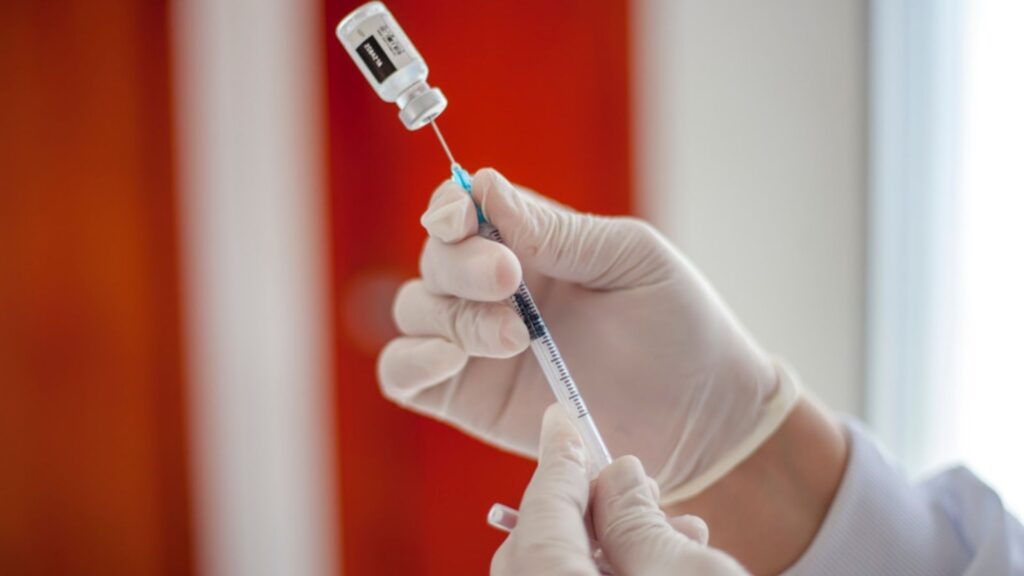Majority Of U.S. Parents Don’t Plan To Give Their Young Children COVID Vaccines
The majority of U.S. parents said that they are against giving their young children the COVID vaccine for a plethora of reasons.

The COVID vaccine is now approved for all age groups (six months and older) under emergency authorization by the Food and Drug Administration (FDA). Now that the youngest age group can receive the inoculation, many pro-vaccine scientists, doctors, schools, and governments are urging parents to have their little ones five and younger who could not receive it before mid-June immunized. While many Americans have already gotten the jab, some remain hesitant, and now it looks like the smallest people in the nation are the least likely to receive the vaccine.
According to a report from US News, most U.S. parents said they won’t give the COVID vaccine to their young children. Overall, the majority of families are concerned about how the shot will affect their little one’s health. Likewise, the information shows that politics played a huge role in how they came to their decision, which sheds light on the growing confusion over the vaccine.
The survey was conducted by the Kaiser Family Foundation. The nonprofit, nonpartisan organization polled a nationally representative sample of nearly 2,000 parents that had children aged 6 months through four. Overall, 43% of parents were vehemently against giving their children the COVID vaccine, and 27% remained up in the air.
Age, politics, and health concerns were all factors that drove these findings. A mere 2.8% of respondents with the youngest children asserted that they planned on getting their children vaccinated. Likewise, the majority of all parents polled expressed concerns over possible health risks that could come along with the COVID vaccine. As for politics, parents who aligned with the Republican party were three times more likely to say they would definitely not innoculate their young ones than Democratic parents were.
Many of the respondents said that confusion over the COVID vaccine led to their disapproval or uncertainty over getting their young ones vaccinated. Typically, it can take years for the FDA to approve vaccinations. Because the COVID vaccine was authorized and approved so quickly, many fear it was not tested enough.
Likewise, political agendas have swayed people’s decisions about whether to get the COVID vaccine or not. Instead of referring to pediatricians, many turn on the news and listen to their favored, and often biased, reporters telling them whether or not to get inoculated. For Republican parents wary of the shot, reports of possibly harmful side effects tend to justify their reason not to innoculate children. For example, a study found instances reported in Ontario, Canada of individuals developing heart problems following vaccination. The CDC is monitoring this, asserts the issue is treatable, and detailed how extremely rare the condition is, especially given the fact that 67% of the entire world population is now vaccinated.

As COVID vaccine hesitancy remains high among parents of young ones, the good news is that there is no federal mandate requiring that these parents innoculate their little ones. The decision remains up to each family. However, it is recommended that every parent speak extensively to their pediatrician before making any final choices.







